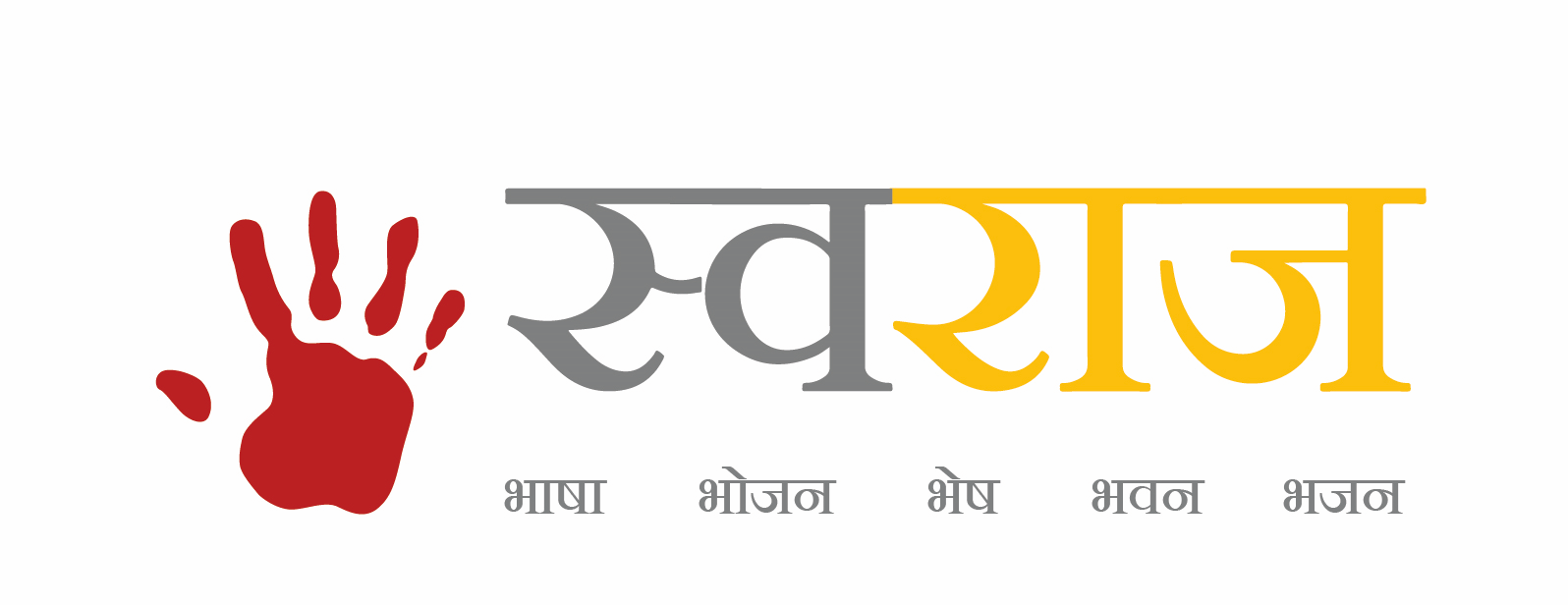Cause Area
Geographies Served
Programs
-
MaPani
MaPani, as the name suggests, aims to rekindle reverence for water as the mother and the source of life itself. If we embrace this perspective as our context and worldview, how might it shape our product manufacturing practices? Would we continue to relentlessly pollute rivers or release millions of tons of toxic waste into waterways? We believe not.
Under the tagline "Water-Mother-Worship," MaPani is a brand dedicated to creating skin-care products The primary concern lies in what happens when the product washes off the skin and enters the water streams, in other words, down the drain. That's where the real harm to the mother, water, occur -
The H2Our Project
The H2Our Project, true to its name, aims to transform our individual perception of "H2O" into a collective one. Through interviews with our grandparents as part of our work at Swaraj, we uncovered their profound insights into water, viewing it through the lenses of reverence, collective ownership, spirituality, care, community, and more. Their wisdom transcended mere reliance on technology as the global savior and reinstated power in the hands of the organism as a whole within the environment.
This initiative focuses on raising awareness about water education, delving into the role of water in sustainability, exploring policy perspectives at both national and international levels (such as Agenda 2030), and revisiting the folk tales and traditions related to water through the experiences and wisdom shared by our grandparents and parents. We seek to learn how to translate ideas into actionable initiatives for water conservation. -
University electives
University Electives by Swaraj have been running for seven years in various universities, forging connections between sustainability and local culture. These electives redefine sustainable development, emphasizing its disconnection from concepts like green buildings, solar power, wastewater recycling, fly-ash blocks, or passive architectural design. Compelling evidence can be found to separate truth from myths.
The organisation explores the essence of genuine sustainable development, unveiling a system that already empowers over 65% of India and potentially holds the key to our sustainable future. This endeavor involves fieldwork, journeys to rural areas, and research that transcends architecture. It delves into anthropology, sociology, history, language studies, musicology, textiles, rural development, religious studies, and philosophy to provide comprehensive insights. -
The Pride Project
District
South Delhi
States
Delhi
The Pride Project is an innovative curriculum designed for school and university students. It challenges prevailing 'global' misconceptions, encourages the exploration of local traditions in the context of sustainability, and fosters an appreciation for sustainable development at the grassroots level.
Despite decades of 'independence,' our reliance on industry for guidance on sustainability persists. However, authentic sustainability lies within our local communities, spanning India, among our parents, grandparents, rural, and tribal populations.
Profound connections exist between our local culture and the regional climate. How? Local culture evolves over millennia in response to a specific and unique geo-climatic setting. Consequently, preserving local culture can directly contribute to safeguarding the local climate, thereby mitigating climate change.
The Pride Project is specifically tailored for students in Class 9 and 11 and beyond.
Registration Details
-
Registration Number
S-E/223/Distt. South-EAST/2014
-
CSR Form 1
Not Available
-
80G
AAQAS9082DF20211
-
12A
AAQAS9082DE20213
-
FCRA
Not Available
About
-
Headquarters
New Delhi, Delhi
-
Since
2014
Impact
Over the last 10 years, 5waraj has taken thousands of people across generations on journeys to explore local culture and sustainability.
Vision and Mission
To start a movement, reconnect with elders and revive culture for affirmative climate action and sustainability. To document, revive faith in, and propagate local cultural practices across each soil-type in India, transferring traditional knowledge on sustainability from elders to future generations.
Political & Religious Declarations
-
Political Affiliation
-
Religious Affiliation
Location
-
Offices in Cities
Delhi
Other Details
-
Type
Non-profit
-
Sub Type
Society
Website
Technology Adoption
-
SOC 2 Compliant
No
-
Financial Management
-
Beneficiary Management

